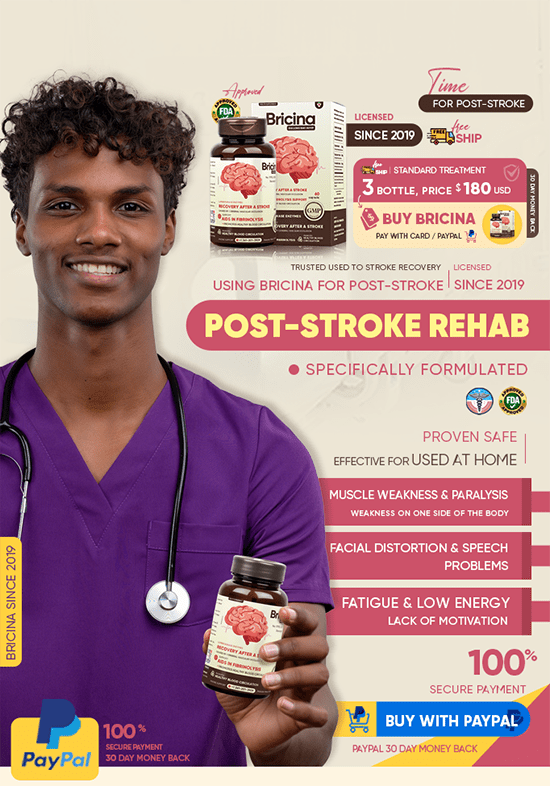Lee Health Speaking After a Stroke
Each year nearly 800,000 people experience a stroke.
Rehabilitation is often recommended for patients recovering from a stroke, but health experts say patients often require speech therapy as well to help them relearn how to speak, even swallowLeslie Roth, a speech therapist for Lee Memorial Health System, says the lasting results from a stroke can be life changing. “One day you’re on the golf course, or you’re driving a car, or you’re swimming at the pool, the next day boom your life completely turns upside down.”oth says speech therapy plays an important role in helping patients relearn how to communicate.“One of the main things that I work on is when the patient has aphasia. Aphasia is a language disorder as a result of a stroke or a traumatic brain injury.”She says after a stroke, a patient may have difficulty speaking or remembering words, even though they know what they are trying to say.Depending on the severity of the stroke, the patient may even have problems understanding what people are saying. “What I tap into is what are they able to do? How can they communicate? Even if it’s in a word, a sound, pointing to a picture, we start there.” It can be very frustrating for patients, but she says the brain is very resilient. Every stroke is different. With constant therapy and patience, patients can have tremendous outcomes. “Every single day, a little bit of something does make a difference.” She says without therapy and practice, a patient’s communications skills typically won’t improve.Post by: Bricina 20/03/2025 05:51:56
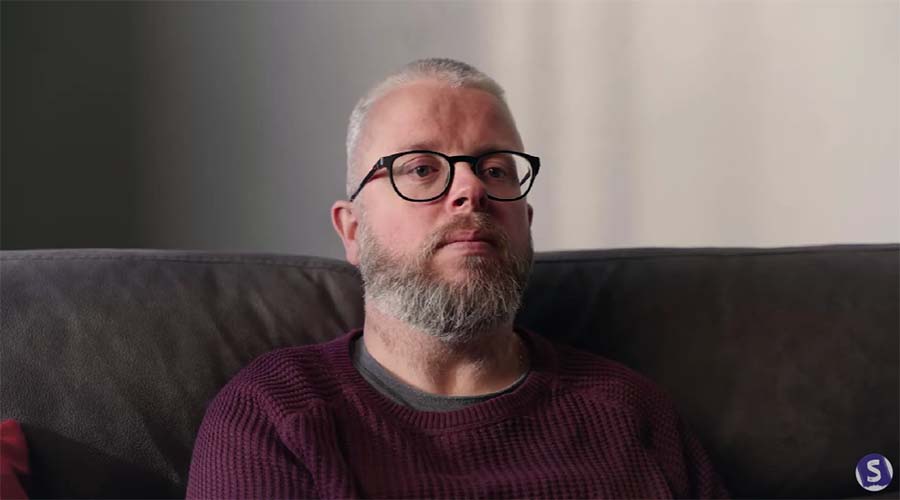
Stroke changes everything, but so can your ...

Hope after stroke: Erin's story

Adrian’s Hemorrhagic Stroke Story
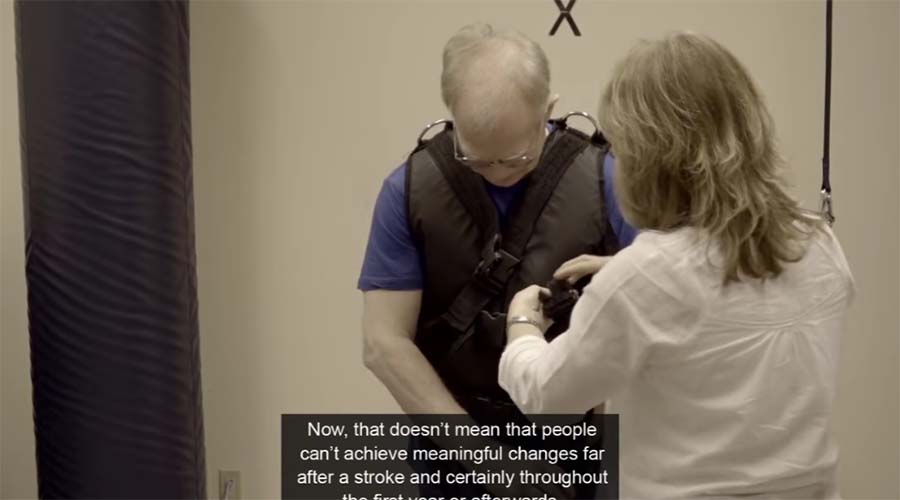
Stages of Stroke Recovery
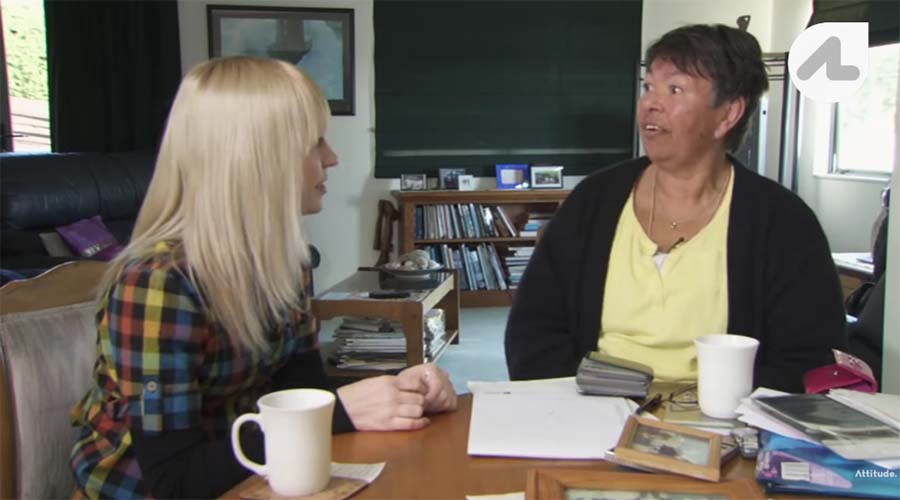
The Stroke Effect: Life after a Stroke
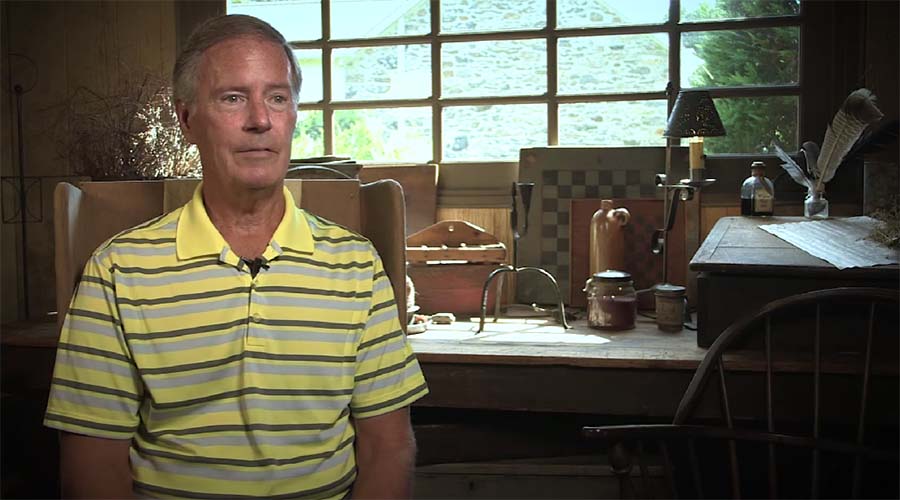
Stroke Survivor Story: Overcoming the ...

Stroke survivor, Kylie Lough, shares her ...
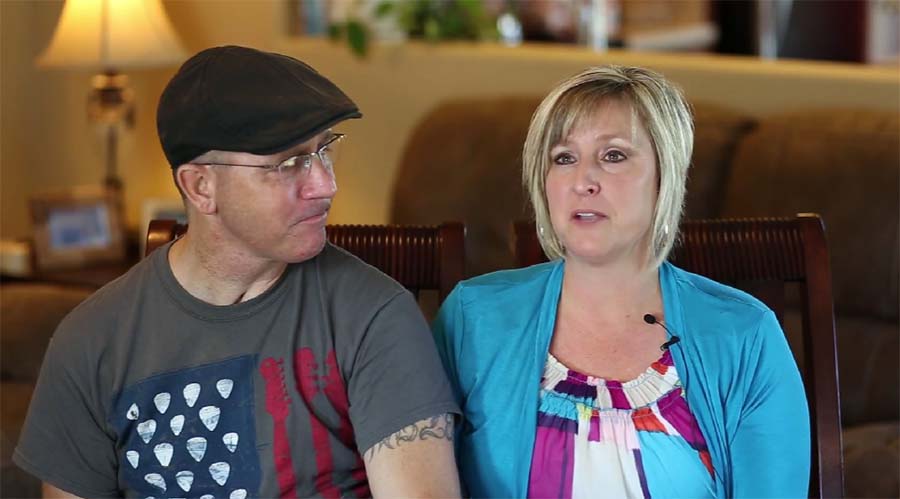
Story of Recovery: Donnie DeWitt's Stroke | ...





